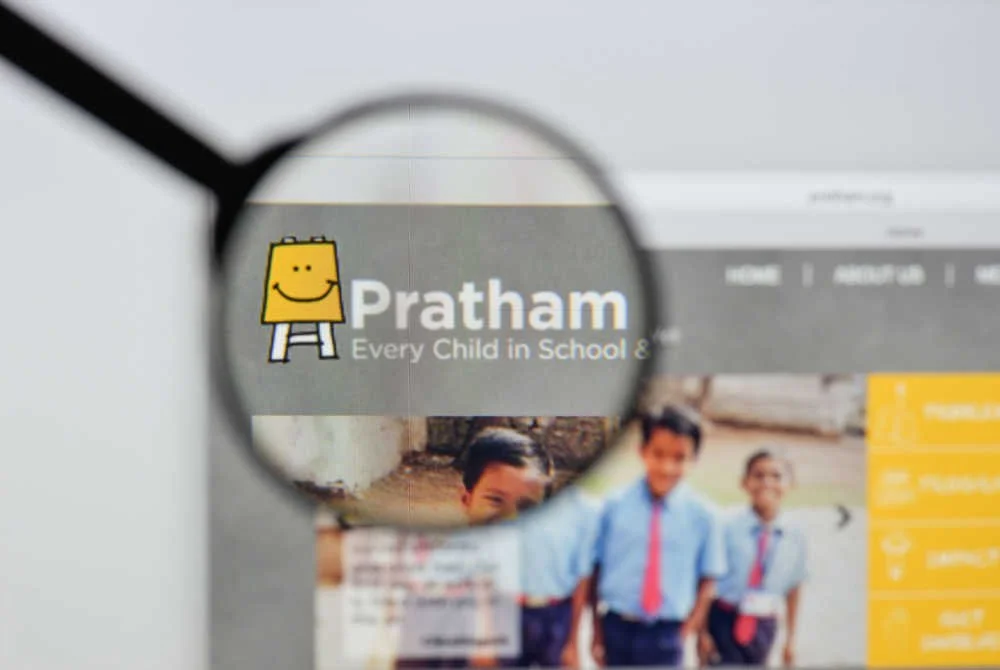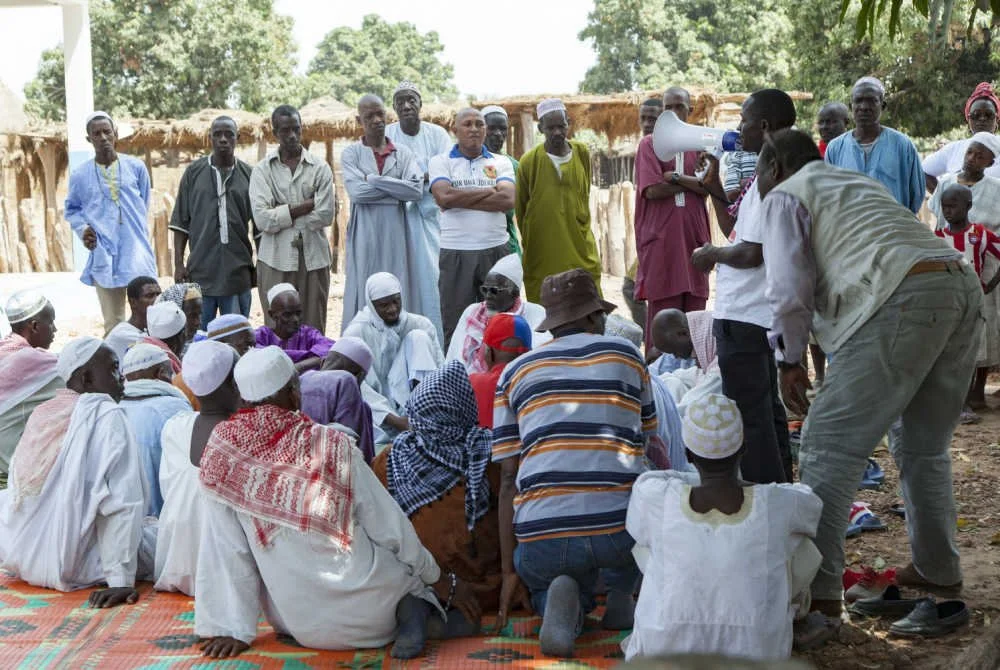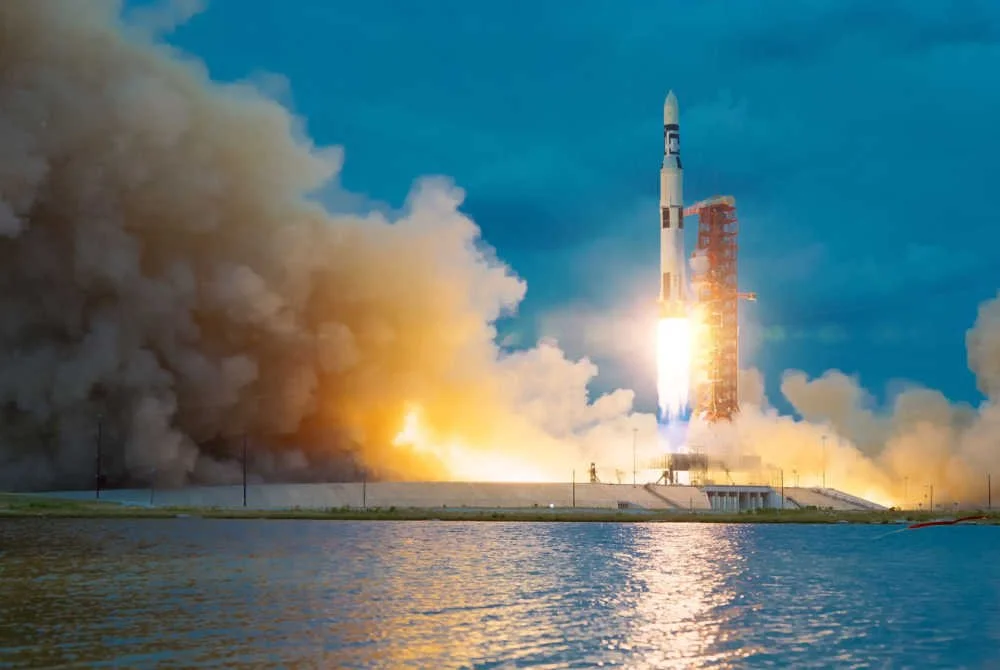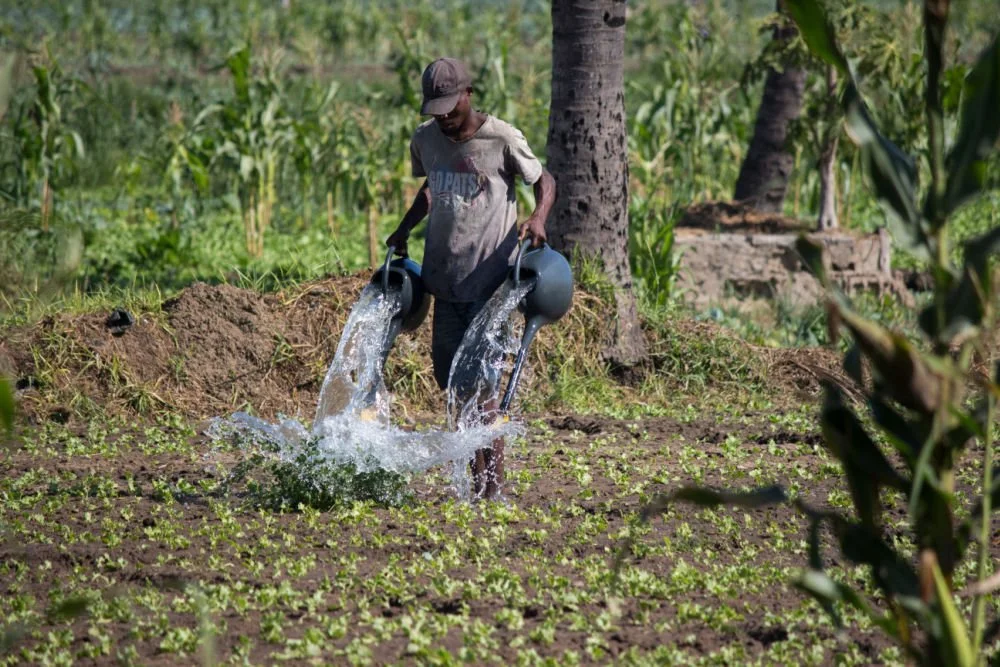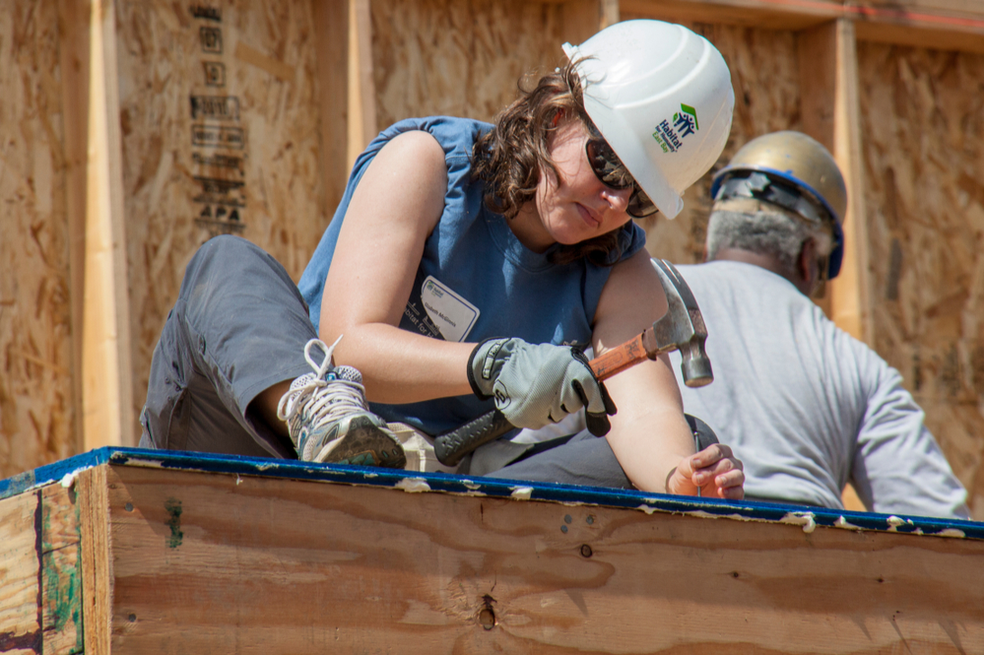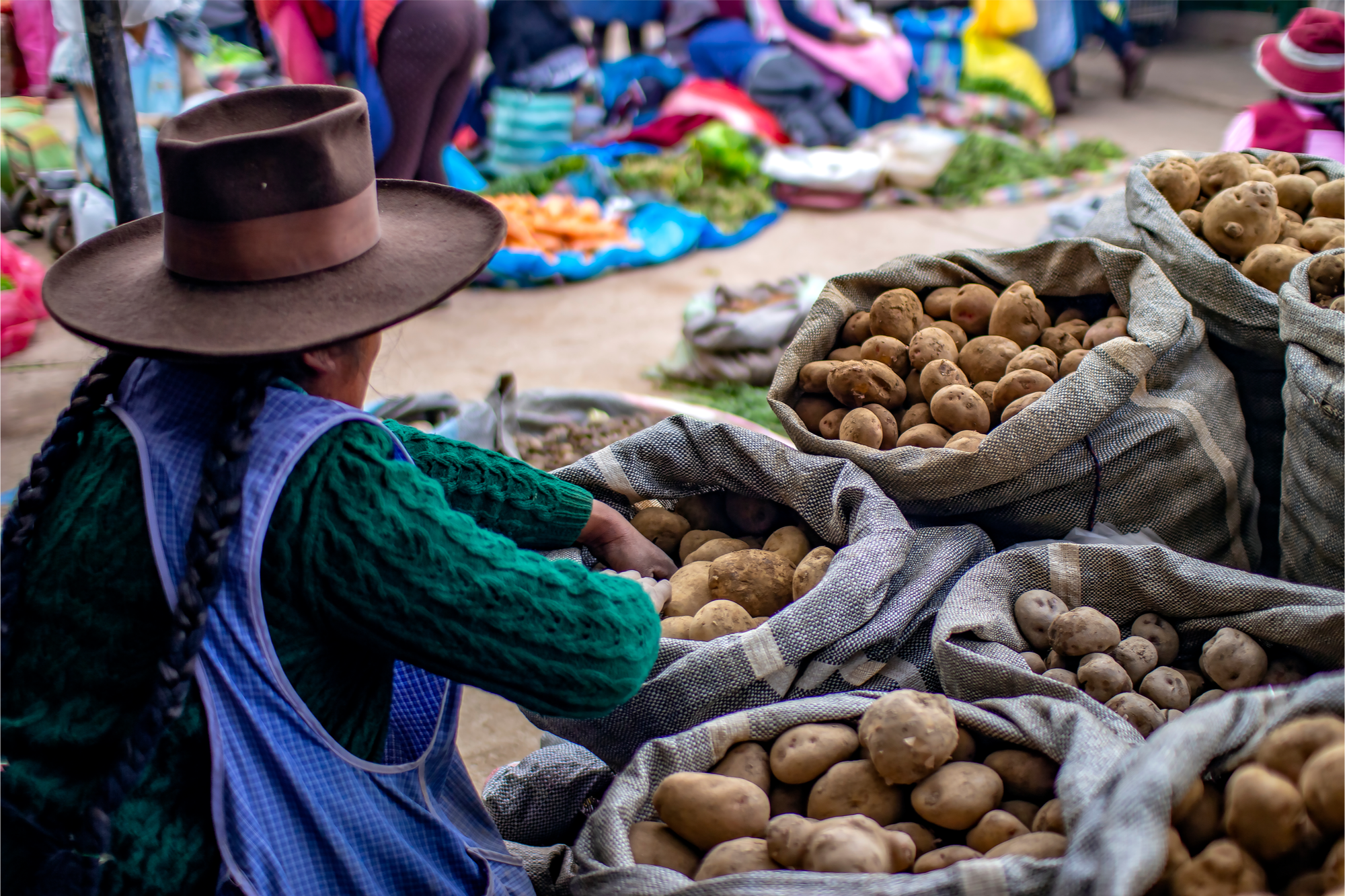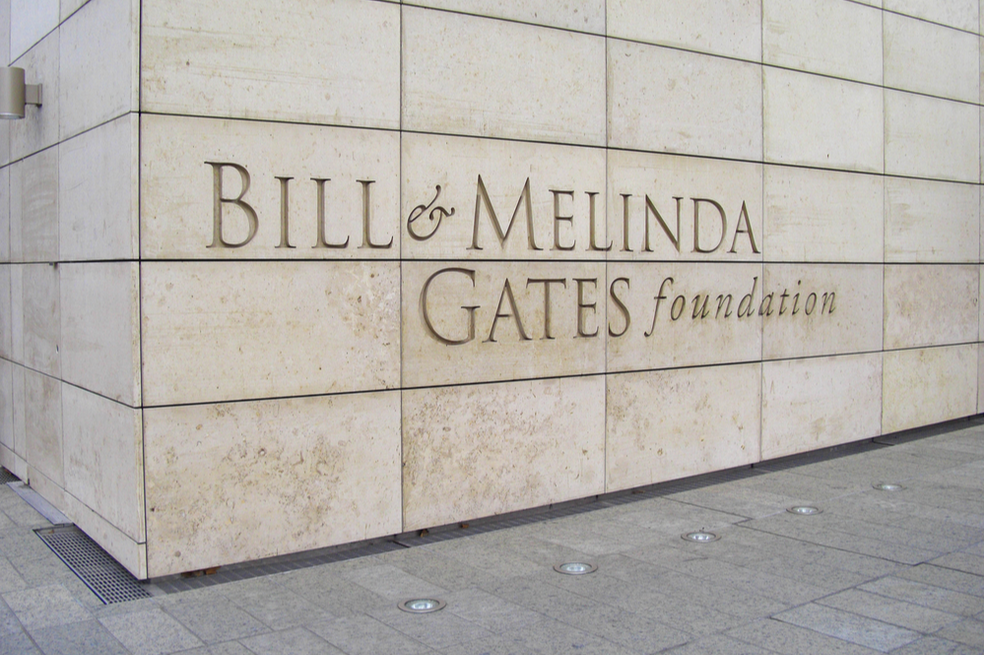How the Mulago Foundation Aims To Help the Rural Poor—and More
/photo: Nick Fox/shutterstock
The San Francisco-based Mulago Foundation fulfills the legacy of the late Rainer Arnhold, a physician, philanthropist, and world traveler. Post-World War II, Arnhold established a practice in the Bay Area, and also engaged in hands-on pediatric and clinical teaching in the developing world. Rainer was abroad when he passed in 1993, hiking to a village in the Bolivian Andes with a collective of medical students and local health workers.
We stumbled upon Mulago while researching the philanthropy of Rainer's brother, Henry Arnhold, an active philanthropist with interests in the arts, education, the environment, among other areas. The Arnhold brothers hailed from a wealthy Dresden banking family and eventually relocated to the U.S. after fleeing Europe during World War II. Henry established the Mulago Foundation after his brother passed. The organization funds early-stage social entrepreneurs who work in developing countries. Mulago "provide[s] unrestricted money to organizations that have a scalable solution and a demonstrable ability to deliver."
The foundation does not accept proposals. Indeed, as Mulago's website states, the foundation finds its grantees through its own network. Mulago's grantmaking portfolio largely consists of startups, both nonprofit and for-profit. Mulago, however, seeks organizations that "show real progress toward lasting change at scale." The foundation addresses the basic needs of the very poor, most of whom live in rural settings. Its portfolio is categorized into Livelihoods, Health, Conservation, Energy, and Education. Mulago is also interested in "Amplifiers," by which it means solutions to make organizations more effective.
Grantees through Livelihoods has included One Acre Fund since 2007. One Acre Fund gets "smallholder farmers, most of the world's poorest people, what they need—training, seeds, fertilizer, credit and access to markets—to make a better living from a small farm." Mulago has invested $2 million in One Acre Fund thus far. Mulago has given a total of $600,000 to Working Villages International, located in "the 73-mile-long Ruzizi Valley in Africa since 2006, investing in agricultural interventions that improve farmers' incomes." The foundation has also supported the BOMA Project, which works in Kenya to "help the poorest women in those communities establish small businesses that sell local staples."
Through its Energy portfolio, Mulago has recently supported Inyenyeri, which tackles indoor air pollution by "leasing smokeless stoves to families for a nominal fee and sells biomass pellets to them at a cost that is lower than the charcoal they are already buying." It has also supported Off.Grid Electric, which sells solar electricity to households in Africa.
Mulago's Health portfolio prioritizes "primary healthcare and behavior change." Jacaranda Health, which "combines the right technologies, efficient systems, and a patient-centered customer service model to make quality care affordable and desirable for poor women," has received a total of $550,000, and began working with Mulago in 2010. It has given $550,000 to DMI, which "uses intensive media campaigns to turn life-saving behaviors into cultural norms."
Funds through Conservation include $635,000 to OneReef, which "helps motivated Western Pacific communities save their reefs through conservation agreements that provide them with the financial and technical resources they need to do it." The foundation supports Blue Ventures, which organizes "small, short-term fishery closures to show coastal communities how management can improve catch and increase incomes," and COMACO, which "trains farmers in high-productivity 'conservation farming,'"
Mulago Foundation's education funding largely involves primary education. It has invested in Educate Girls, which "mobilizes communities – parents, village leaders, schools, community volunteers – to enroll girls, improve school infrastructure (toilets, clean water, fencing) and boost learning outcomes."
The foundation's interest in solutions to make organizations more effective includes $925,000 to Innovations for Poverty Action (IPA), founded by Yale Economist Dean Karlan. IPA conducts "rigorous trials of social interventions and facilitates uptake of proven interventions by governments and NGOs." It has given grants to Kiva Labs, which has "pioneered ways to help organizations provide consumer financing for those who need their products and services the most."
The foundation also runs a Fellows program, which recruits fellows through its network and doesn't have a formal application process. Current fellow Angelica Towne cofounded Educate!, which aims to "transform secondary education in Africa to teach young people to solve poverty for themselves and their communities. Educate!'s curriculum encourages youth to take leadership roles, create small businesses, and ultimately, improve their livelihoods."













